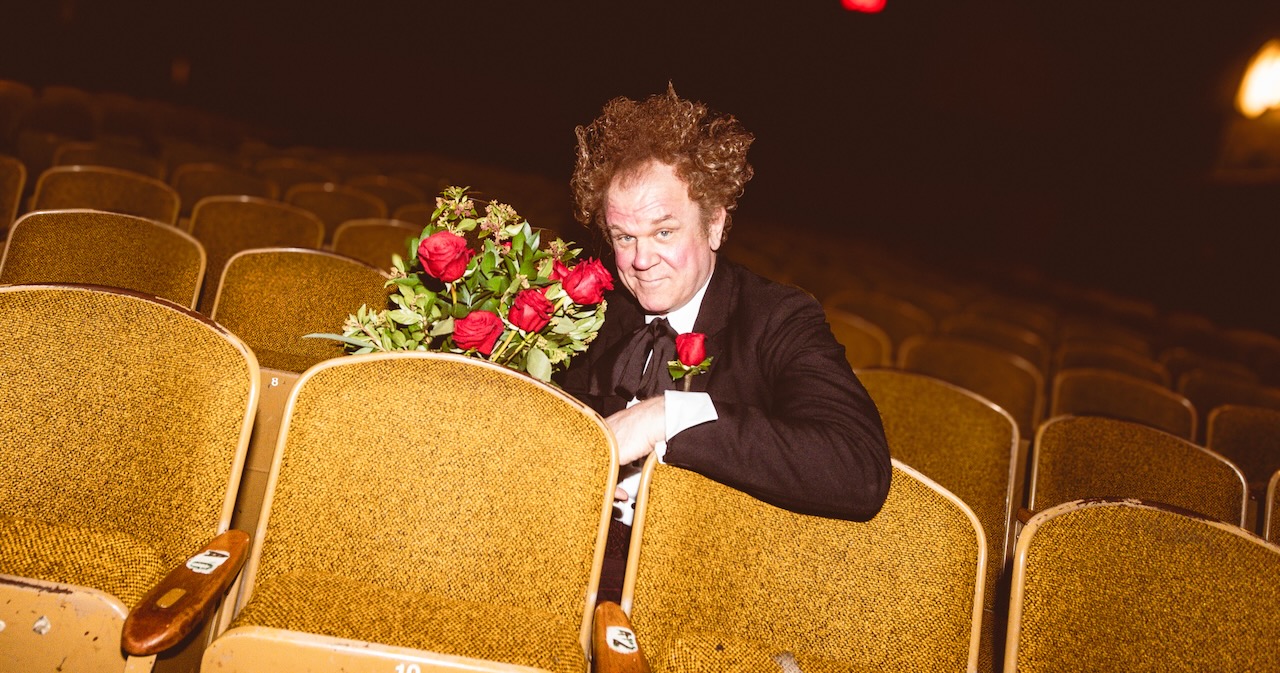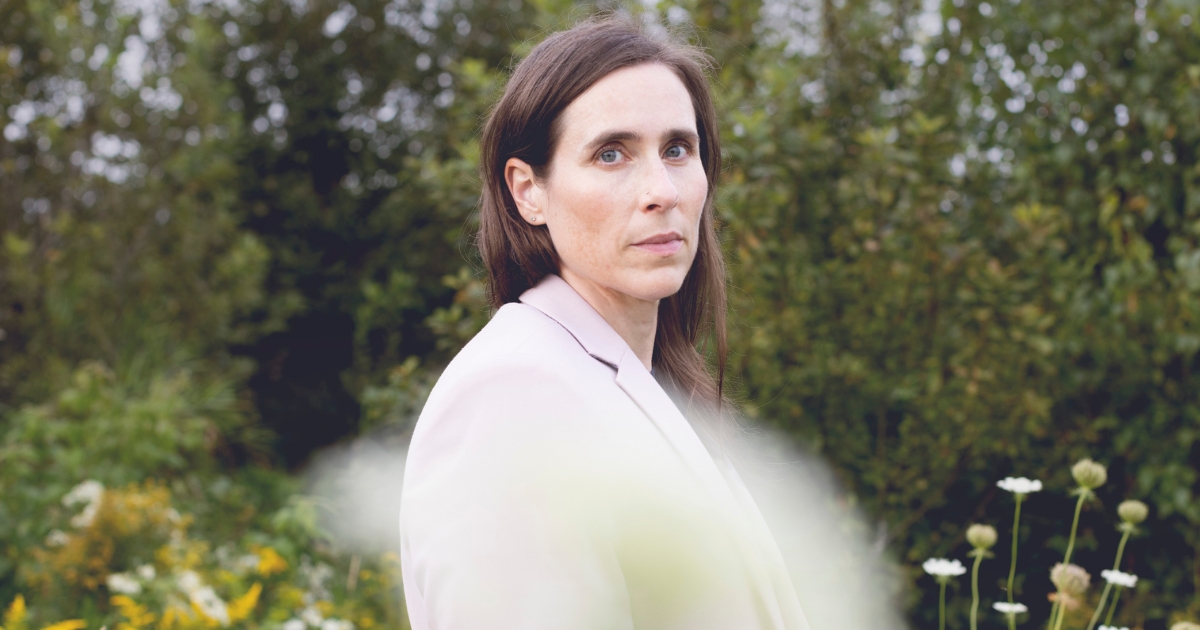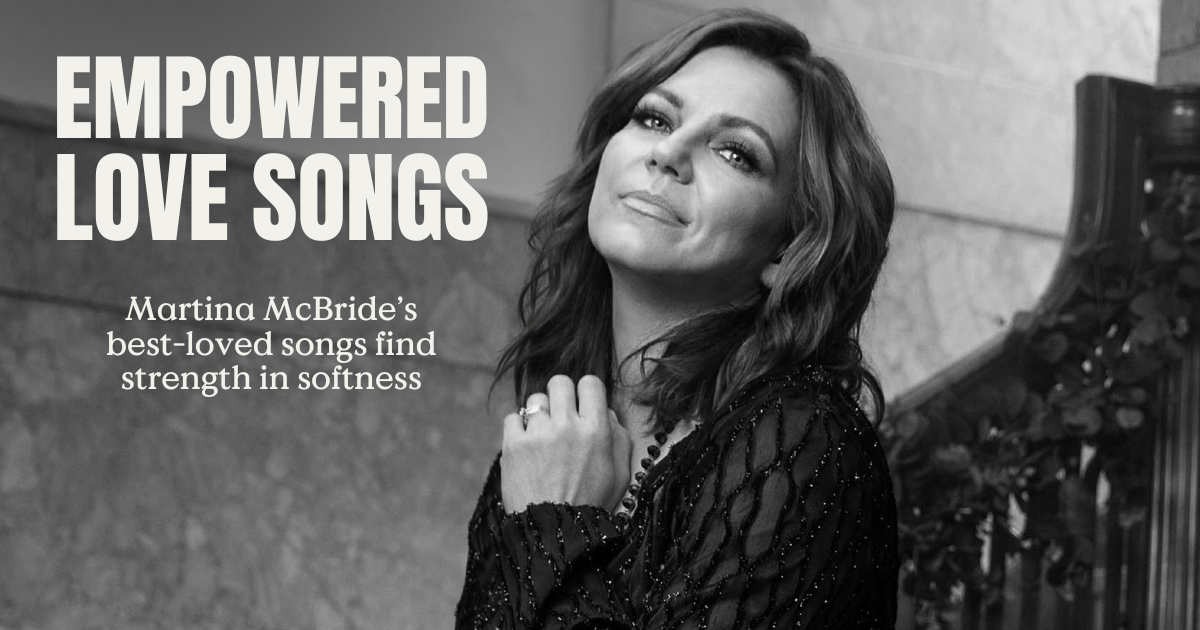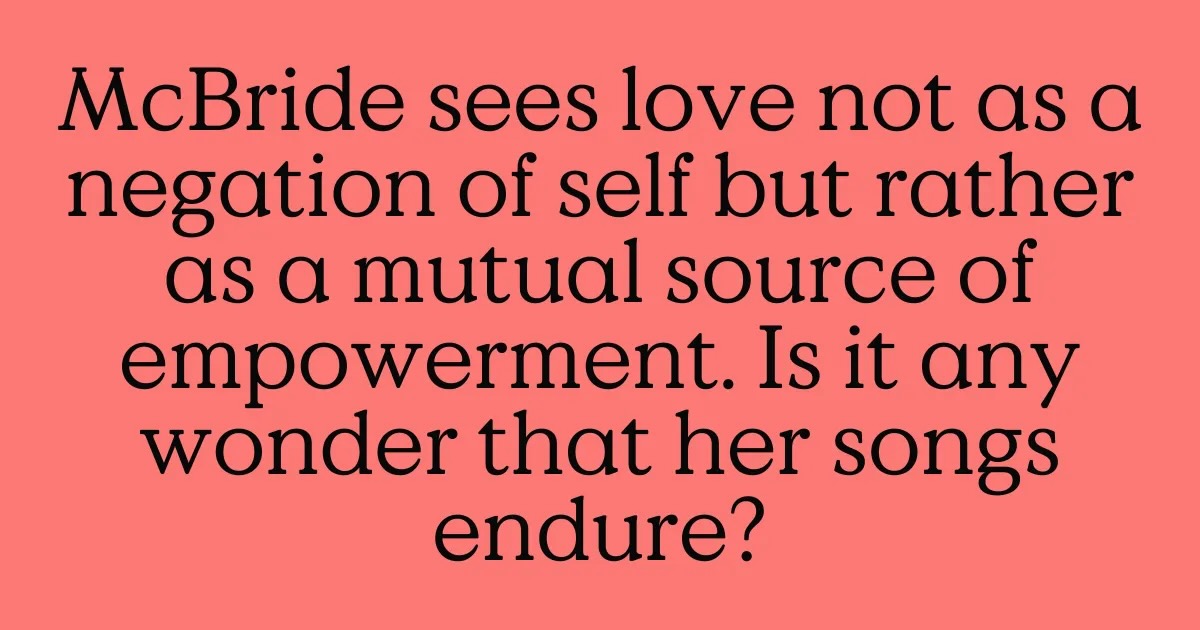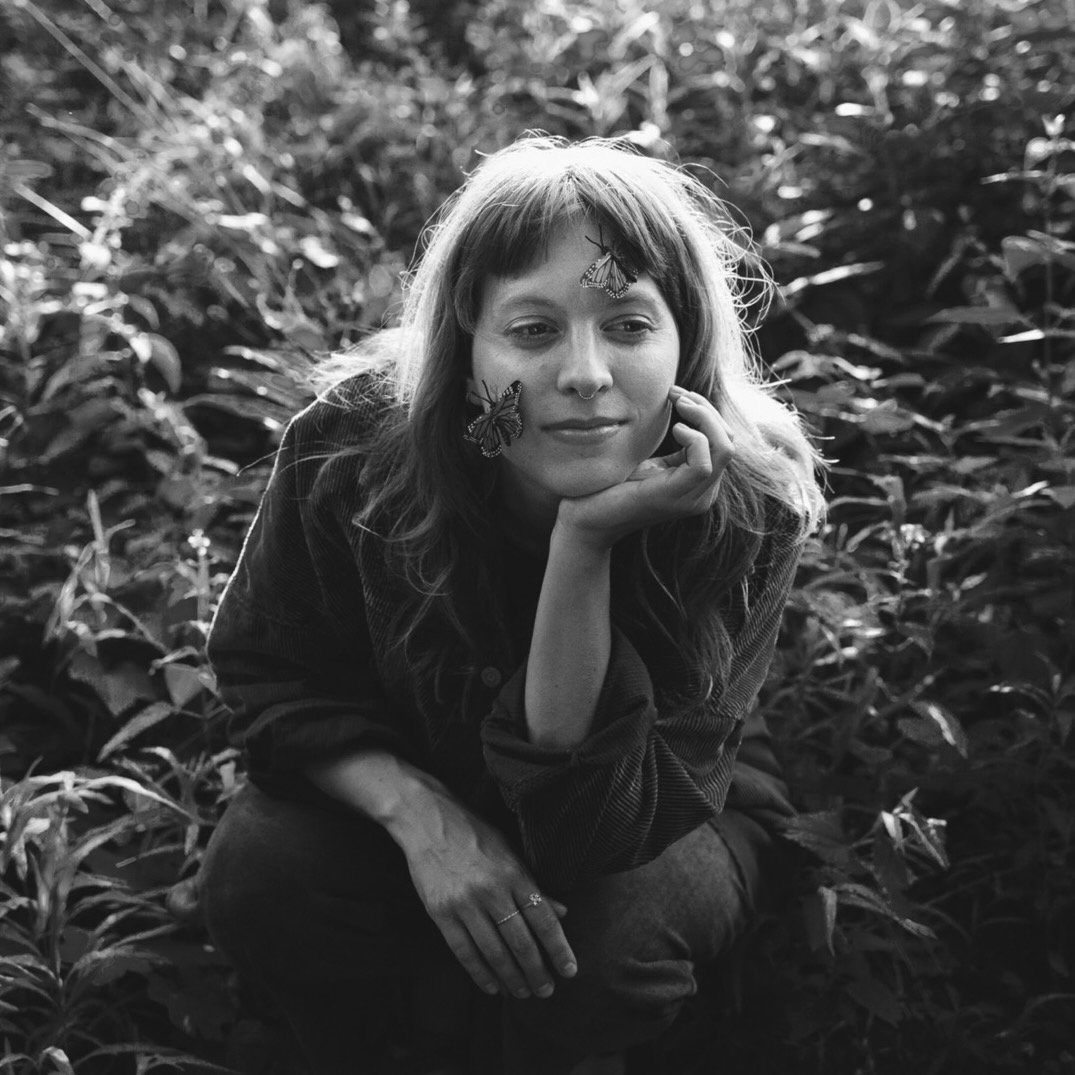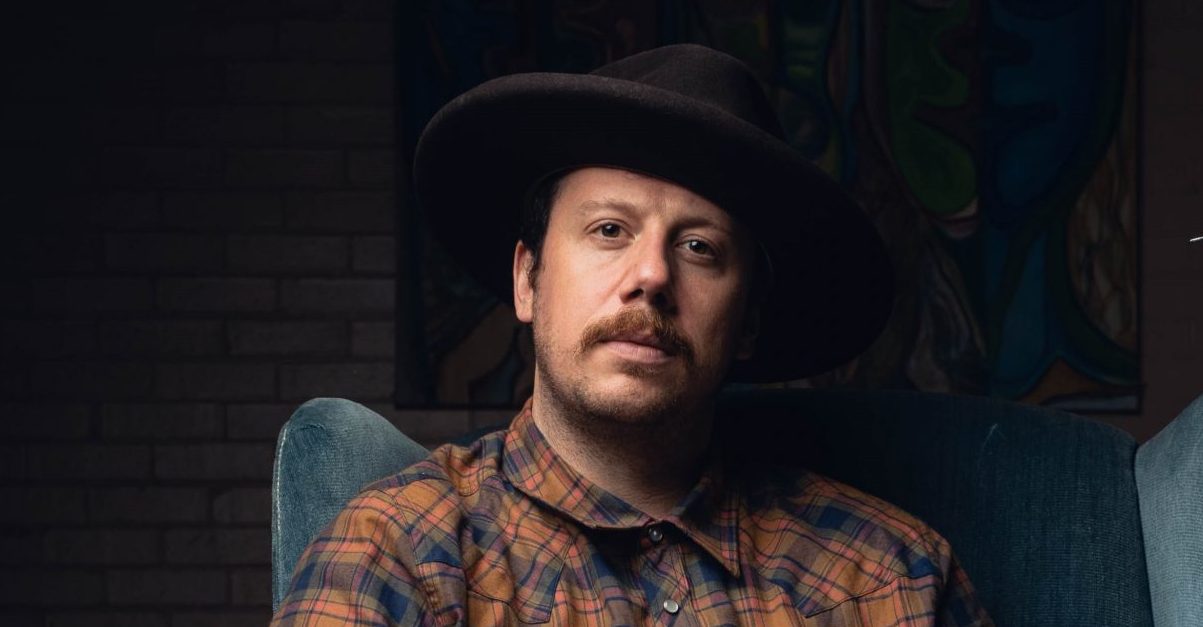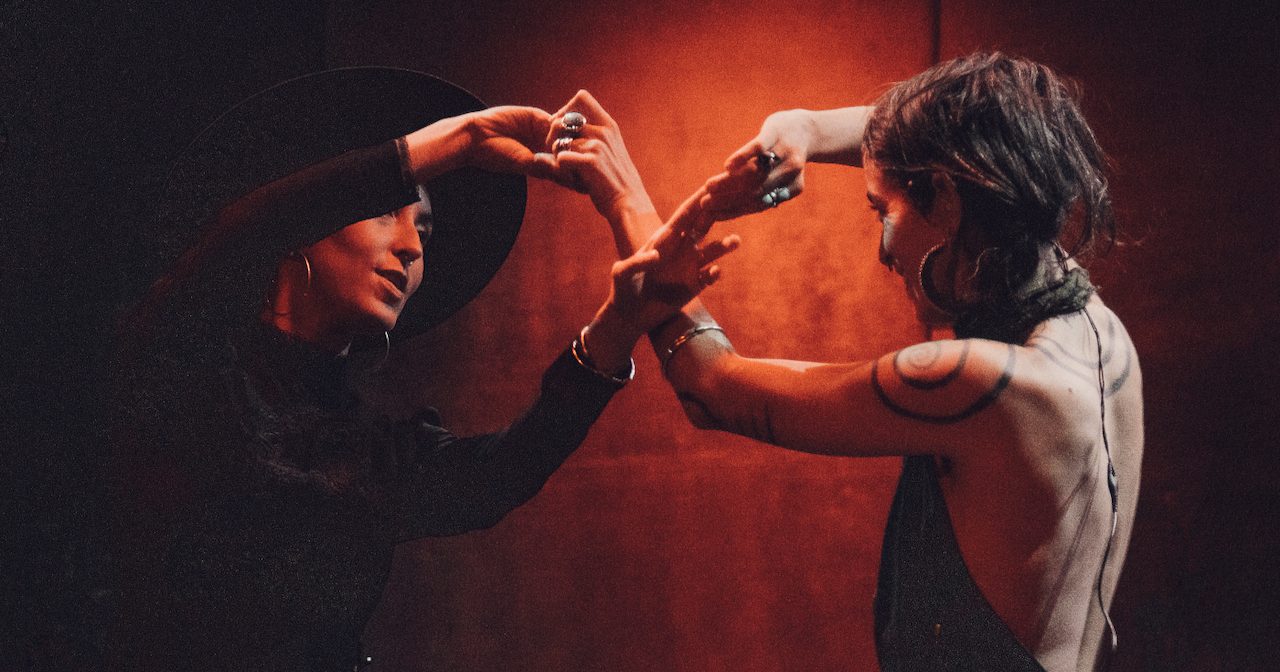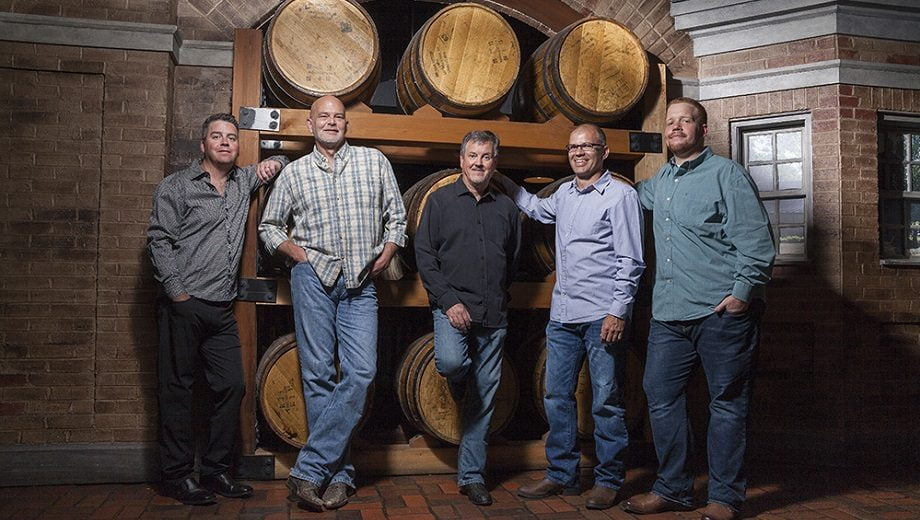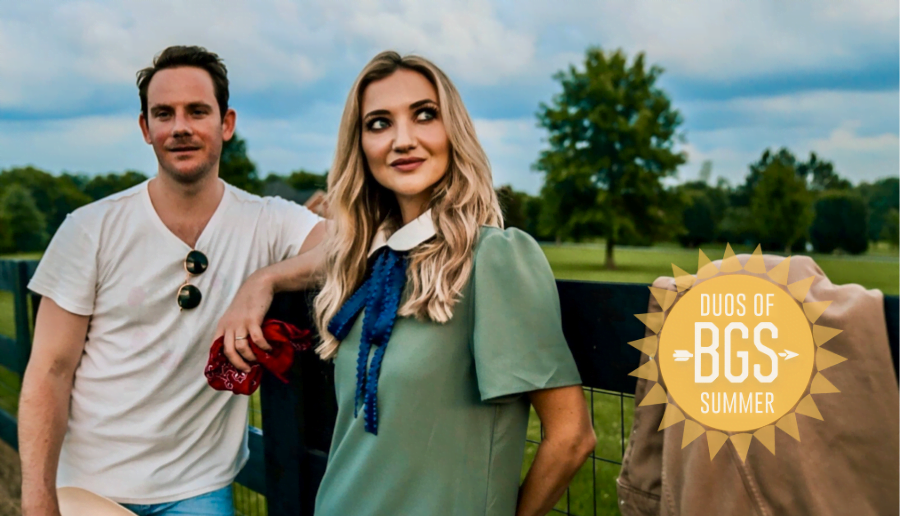As John C. Reilly cavorts around a converted Brooklyn warehouse, his wiry hair branching heavenward, he looks a bit like a heavily rouged version of his eccentric Dr. Steve Brule. But Dr. Brule isn’t here, and neither is Reilly, in a sense. A fellow named Mister Romantic holds court instead, serenading and chatting up audience members in an effort to win their hearts. He swoons and croons, he has a microphone that looks like a rose, and he really, really wants to be loved forever, lest he be doomed to an eternity in a steamer trunk.
Reilly is the rare sort of actor whose talents span cutting dramas and gut-busting comedy antics, and underneath all of it, he’s maintained a soft spot for musical theater. Audiences have gotten a peek at that in Reilly’s Oscar-nominated embodiment of Chicago’s “Mister Cellophane,” and while he’s hammed it up as Dewey Cox in Walk Hard. He’s long nurtured his musicianship, too, with a handful of bands in his youth, a blues outfit, and his more recent cadre of bluegrass friends.
After finishing his duties as Jerry Buss in Winning Time: The Rise of the Lakers Dynasty, Reilly fixed his energy on finding some sort of remedy to the discord that he felt dominating everyday life. Mister Cellophane only got the one song, as Reilly has noted, so he drew upon more than twenty years of his own tune-collecting to develop a repertoire that felt suited to his mission and was close to his own heart. He’s pulled most of his material from the early 20th century body of the American Songbook, which Reilly expands to include a handful of Tom Waits numbers. Though Mister Romantic works a special kind of magic in person, he issued a baker’s dozen of recordings on his album What’s Not to Love? in mid-June, a more permanent evidence of his visitation.
He credits Los Angeles’ famed venue Largo with being the nexus of countless creative relationships – including Mister Romantic compatriots like David Garza, fiddler Gabe Witcher, and Sebastian Steinberg, who joins the ensemble on their recordings. The crew keep remarkably stony faces as Reilly improvises his appeals to the crowd, part of the story built around Mister Romantic’s cosmic arc: “He’s been traveling in this box for thousands of years trying to find love, and he just fails over and over. He doesn’t have a memory of the past, but the band does, and they’re stuck in this purgatory cycle with him,” Reilly says.
In chatting up different audience members between selections (“I’m not gay or straight, I’m desperate,” he offers), Reilly hopes to get everybody in the room feeling like they can open up a little bit. The songs, for Reilly, facilitate that softening in a sort of bucket-brigade through time. “‘What’ll I Do?’ could’ve been forgotten by the 1930s, but people loved that song and kept passing it along, and here I am, doing it again,” he says. “I think that’s the way to pay things forward, to pass along what you think is good.”
Now with an album release and several more Mister Romantic shows in his rearview mirror, Reilly is impassioned and reflective as he considers the value of vulnerability in a prickly modern world. His fervent belief in the fundamental goodness of human nature spills over as he shares his efforts to bring a little more love into people’s lives.
You made a point to tell your first audience participant that you weren’t bringing her up there to shame her or embarrass her, which got me thinking about how you’re watching people react to your character in real time. What has that been like for you with these performances?
John C. Reilly: It’s been a really special part of the show. I don’t know what I expected it to be when I started doing this, just kind of improvising my way through, but it’s been amazingly consistent. I say that stuff about “I’m not going to embarrass you or do anything weird” because people just don’t know what the hell the show is about, what the boundaries are. I really want to make people feel like I’m going to take care of them up there. The joke is not going to be on them.
With the audience, I’ve noticed if you really see people and the best in them, or you look for qualities that you find attractive, and you talk about them – it’s amazing the way people let down their guard and open up. It makes the whole audience feel like I’m talking directly to each one of them, even though I only get to four or five people during each show.
Have you had any reactions that have caught you off guard?
Sometimes I ask pretty heavy questions, like, “Have you ever been in love? How long did it last?” People generally want to play along, there’s no one that has ruined the interaction. People always ask me, “Are those people plants?” They’re never plants. The second thing they ask is, “Does anyone ever not cooperate?” I have to say, it’s like, 100% cooperation so far. I think part of it comes from the loving approach and the fact that I say at the beginning what the mission of the night is going to be.
It’s a really encouraging part of the show for me personally, because you really do want to believe that, in their heart of hearts, people are good. When I do this show, that is what I think when I go through the audience. I try to look at every single person directly at some point. The whole point of the show is connection – to the music, the world, to each other – and creating a live unique moment with a group of people. Whatever’s happening outside in the world is one thing, but in here, we’re all going to be connected by the end of the night.
There was a moment where you kind of scolded someone for having their phone out, but you somehow did it in the nicest way possible, where you brought it back to maintaining a connection in the moment.
I try not to even engage with what phones even are. We try to make it clear that you’re not supposed to use your phone during the show. I called that guy out just because I was surprised to see it in his hand. My point was not to say, “You broke the rules!” or get mad at him. There have been other times when people have their phones out. The point of those interactions is always to point out what’s special about this moment without a phone. When I said that, the audience almost started cheering [note: this is true]. Everyone is getting to this place where they’re starting to realize the cost of using a phone, and the separation that it creates between you and a performance or an experience.
How did Largo get to be such a major fixture in your life?
Largo has been a big part of my life since it opened in the early ’90s. It’s been a big part of my development as a singer and as a musician. I had my bluegrass band there for a long time. Mark Flanagan, who owns the place, creates such a special vibe in there, and does not allow cell phones during the shows. The audience ends up being focused in this way that’s different than other places I’ve been.
It’s kind of this temple of quality and entertainment, especially music. When I first started going to Largo, it was Jon Brion and all these different musicians moving through there – a lot of my friends who I play with now, who I played with in the past in other bands. Walk Hard, the songwriters from there – all those guys were all part of the Largo scene in one way or another. It really feels like home when I’m there, and it has its priorities right. It’s not just a place that’s about profit and selling beers, slamming them in and slamming them out. There’s a real soul to the place. I shudder to think what LA would be without Largo.
Is your bluegrass band something you think you’ll return to?
The blues, bluegrass, and this kind of show-tune world are all different aspects of me. I had a blues band before I had a bluegrass band. But I love bluegrass music, for the same reason I love all these American Songbook standards that I’m doing. That’s part of the conversation about the show that I think is really important, that Americana doesn’t just mean white Southern folk music from the 1930s.
People talk about, “What kind of category does [Mister Romantic] fit in?” To me, it’s Americana. A lot of these songs were written by Americans, and they’re not classical music. I think bluegrass definitely falls under the Americana banner, but I think songs in the American Songbook also fall under the Americana banner. Blues music falls under the banner. Why is blues music separated as African-American music? It’s part of America’s history. We should all embrace under the same umbrella.
You’ve talked about using Mister Romantic as a vehicle for getting people to open up a bit more to love and empathy. I think of romance as only one slice of the pie when it comes to loving or forms of love – why go with “romantic” as your channel into exploring empathy?
To me, romance is appreciating a beautiful sunset, or the way a flower looks or smells. Appreciating some weird little detail about a person that makes them unique, that makes you cherish them. It’s not just a Valentine’s Day card. Think about the reason that you got crushes on different people in the past. Sometimes it’s about the physical looks, but oftentimes it’s like, “Man, I just love the way that person does their art.” You crush out on people because of why they’re special. That, to me, is romantic.
On the surface of it, this guy Mister Romantic is trying to fall in love, but he doesn’t even really know what that is. He has so little experience. All he knows is, it’s a deep connection with someone else that will then stay with you forever. I’m not trying to get anyone to be anything. To me, the show is an opportunity to come together. If you’re craving connection, then you should come. I’m not trying to lecture people. I’m just pointing out the inherent truth about human beings, that we do love each other, that the secret to civilization and the reason that human beings are still around on earth is because of love.
I was seeing a lack of empathy – a coarseness to our dialogue, or a viciousness to our debate, and I thought, “Well, that’s distressing. What could I do that might lessen that?” And I decided I’ll do a show about love, and I’ll invite people to come see it, and maybe they’ll feel what I’m feeling. [Mister Romantic] is more about reminding people of what is true about us. On a good day, I think, everyone feels that people are ultimately good when the chips are down.
There’s a line from bell hooks’ All About Love about how “cynicism is the great mask of the disappointed and betrayed heart,” and when I re-read that recently, it resonated with how the crowd felt at the end of the show—like this cynical layer that a lot of us have was dissolved for a bit while we were laughing and having a good time together.
Yeah! It’s not just about me and what I’m saying. It’s also the music. The music has an alchemical effect on people that does put air in their balloons. I didn’t know that quote, but I agree with it. I say misanthropes are actually the most romantic people of all. They’re the most sensitive. They’re so sensitive that when they experience disappointment, they retreat into this place of, “Well, if it can’t be perfect, then everything is terrible.” But if you’re really truthful about the way life is, there are all these gray areas. Everyone is not an asshole. That’s a generalization. To be a true misanthrope, you’re generalizing, and not seeing what’s really there.
You have to be open to someone being a good person. I think that’s just the truth of the way things are. I do think if you’re worried and you want things to be better in the world and in your own personal life, you have to be willing to be vulnerable, and willing to reflect a world that you want to see. These things sound so rudimentary, or maybe cliché, but that’s where we’re at. We’re having to fight for empathy, to say, “Human beings have value across the board.” Human rights are at stake right now in the world. So it’s not a cliché. It’s not a thing that’s assumed to be true by everyone. These things have to be regenerated, generation after generation.
What’s something you’ve learned about yourself in the process of bringing Mister Romantic to life?
I’ve learned a lot about the courage it takes to invite people to a place and say, “I’m going to sing for you.” I had to learn what my voice is when I’m not impersonating other people. How do I sing? How do I convey my spirit through my voice? Those are big things, and making this album was a huge step. The personal journey to get yourself to believe that it’s good enough to share –that’s a big struggle for everyone, especially the first time they do it. Mister Romantic was a big step in that direction for me saying, “Whatever, I may not be the most perfect singer, but the reason that I’m singing is a good reason, and I’m going to keep doing it.”
You have to kind of have this blind faith in the mission, because there’s all kinds of slings and arrows that you can generate for yourself. But then you remember the core of it – these experiences that you have during the show, that I have from the show – and that tells you what you should be doing with yourself, what is important. If touching people the way this show touches people isn’t important, then I don’t know what is. It has given meaning to my life at a time when I was really struggling for meaning.
Make plans to meet Mister Romantic at a show near you.
Photo Credit: Bobbi Rich
